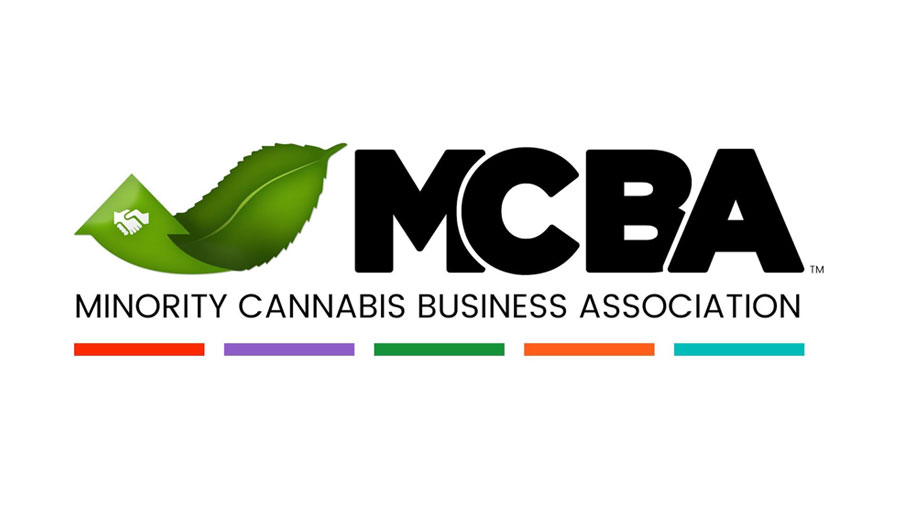Portland OR, March 11th – Members of the Minority Cannabis Business Association (MCBA) unveiled their latest model policy recommendation to lawmakers and cannabis regulators, this time releasing a Model Municipal Social Equity Ordinance to be adopted by local governments throughout the country. The Model Ordinance was drafted by a team of attorneys and drug policy reform advocates from MCBA, the National Cannabis Industry Association (NCIA) and the Drug Policy Alliance (DPA) with input from dozens of stakeholders at MCBA’s Annual Policy Summit in Oakland California co-hosted by Supernova Women. The Model Ordinance is intended to serve as a resource for counties and municipalities seeking to create equity programs as their towns or cities license the commercial production, manufacturing, distribution and sale of cannabis in states that have legalized these activities.
The intent of the Model Ordinance is to maximize the ability for communities of color that were disproportionately impacted by cannabis prohibition to benefit from the new industry as owners, investors, managers and employees. The Model Ordinance specifically provides priority licensing, access to capital, and technical assistance for confirmed equity applicants, as well as general applicants incubating a cannabis business owned by an equity applicant. The Model Ordinance also recommends social impact studies by adopting municipalities to calculate the total cost of the war on drugs on our communities, and better inform community reinvestment decisions.
The robust and participatory crafting process was explained in a short video produced by MCBA during their Annual Policy Summit held in Oakland, California. Previous locations have included Washington, D.C. and Atlanta, Georgia, with the 2019 summit planned for a return to D.C. on April 7th-10th 2019, including a national day of action on Wednesday April 10th.
Khurshid Khoja, Co-chair of the MCBA Policy Committee and Vice Chair of the NCIA Board, led the drafting team which included volunteer attorneys Rodney Holcombe of DPA and Jesse Stout of Greenbridge Corporate Counsel, as well as Chloe Grossman, (formerly) of the NCIA Policy Council staff. “The Model Ordinance is a statement from the communities we represent to the local lawmakers, regulators, entrepreneurs and other stakeholders who are building our nation’s cannabis industry one town at time–social equity is not only possible, it should be the industry standard moving forward. Our work gives those actors the tools they need to make equity a present reality in our industry rather than a lost opportunity.”
“It is incredibly important that we lay the groundwork for a diverse and inclusive cannabis industry,” said Rodney Holcombe, staff attorney at the Drug Policy Alliance. “Our model ordinance is one of many steps needed to ensure that legalization benefits all communities, especially those most impacted by decades of prohibition and criminalization.”
“MCBA’s model policy has become the subject of discussion in state legislatures and now we can give our municipal allies that same support through this innovative piece of community led public policy,” Jason Ortiz, Co-chair of the MCBA Policy Committee and Vice President of MCBA noted. “With this ordinance urban centers across the country will be able to access the economic opportunities created by equity programs and we look forward to supporting that.”
“By setting the bar high while also demanding inclusion by community stakeholders, we have been able to push our industry to be more diverse and transparent, something we look forward to replicating on the federal stage next,” said Shanita Penny, MCBA President.
“We are grateful to have had the opportunity to assist the Minority Cannabis Business Association with crafting this important model ordinance,” said Aaron Smith, executive director of the National Cannabis Industry Association. “As we replace prohibition with regulated cannabis programs, it’s important that the communities most adversely impacted by the disastrous war on marijuana have access to the new economic opportunities of the post-prohibition era. Policymakers across the country should look to this model ordinance as the framework for ensuring that their local cannabis market is inclusive and reflective of the broader community.”
The Minority Cannabis Business Association (MCBA) is the first non profit business league created specifically to strengthen the cannabis industry by increasing diversity. The MCBA’s mission is to create equal access and economic empowerment for cannabis businesses and their patients & consumers, by designing policy considerations, social programming and outreach initiatives to achieve equity for the communities most affected by the war on drugs.















